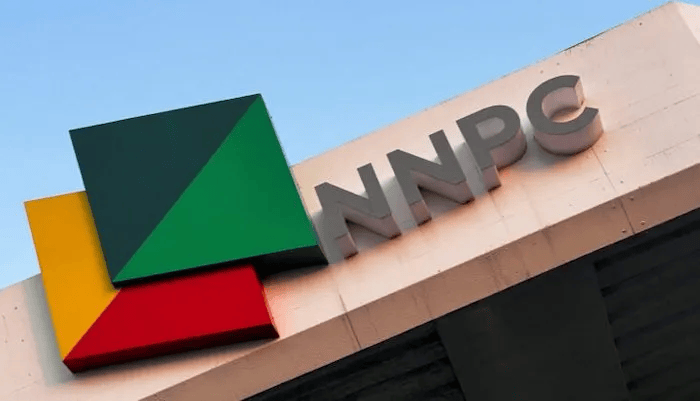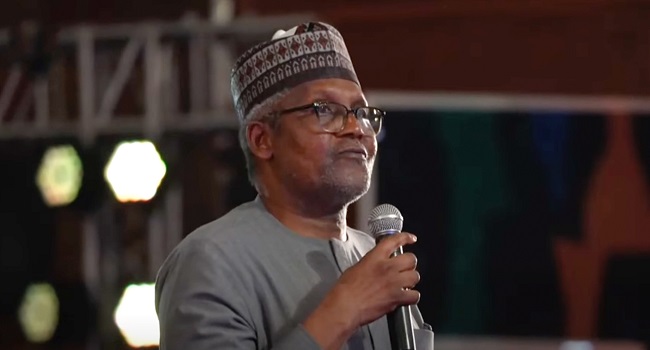If there’s one thing Nigerians can agree on, it’s that we don’t like being spectators in our own economy. For far too long, foreign companies have been coming into Nigeria, winning big contracts, importing equipment (and sometimes even food), and flying their own workers in, all while our brilliant local talents are left clapping from the sidelines.
But things are changing. And this time, it’s not just political talk.
Under the renewed push of President Bola Ahmed Tinubu’s “Renewed Hope Agenda,” the Federal Government is doubling down on enforcing the Nigerian Local Content laws across the board — from the oil rigs of the Niger Delta to the boardrooms of tech startups in Lagos. Simply put: If you do business in Nigeria, then Nigeria must do business with you.
Local Content Isn’t Just Oil Anymore
You’ve probably heard of the Nigerian Oil and Gas Industry Content Development (NOGIC) Act of 2010. It’s the law that says oil companies must use local workers, equipment, and services where possible. But the new push goes further than oil. With the Presidential Executive Order No. 5 of 2018 and the upcoming Nigeria First Policy (2025), every sector — Oil, Non-Oil, government contracts, and private business — is now expected to prioritise local capacity.
No more flying in engineers from Europe to fix a pipe that our own graduates from UNILAG or FUT Minna can handle with one eye closed and one hand tied.
Senate Committee Enters the Chat
Now here’s the twist: The Senate Committee on Local Content isn’t just watching from Abuja. They’re actively reviewing complaints from Nigerian businesses — especially the small and mid-sized players — who say they’ve been sidelined in favour of foreign firms.
Some of the complaints range from unfair contract awards to lack of technology transfer, poor implementation of training promises, and companies refusing to build Nigerian capacity in key areas like fabrication, marine operations, and R&D.
“We have noted with concern the slow implementation of Local Content policies,” a statement from the Committee read. “It places Nigeria at a disadvantage and undermines our ability to create jobs, retain value, and build competitive local capacity.”
In other words: Enough is enough.
Right now, the Committee is auditing Nigerian Content Plans from companies and agencies across the country. They’re reviewing contract documents, assessing technology transfer promises, and investigating whether companies are training Nigerians or just pretending to. They’re also reviewing waivers — those sneaky backdoors some firms use to bypass the law.
Where things aren’t adding up, expect consequences. Sanctions, public exposure, and even legal action may be on the table for any company (or government official) found flouting the rules.
Let’s just say: if you’ve been “managing” compliance before, your managing days may soon be over.
Local content is more than just a patriotic policy. It’s a long-term development strategy. When Nigerians are trained, equipped, and empowered to take part in the economy, the entire country grows. More jobs. More local innovation. More tax revenue. More pride.
And let’s be honest — nobody understands Nigeria’s problems better than Nigerians. We can’t keep outsourcing solutions and expect to grow roots.
As one committee member put it in a closed-door session, “This is not about chasing foreigners away. It’s about creating space for Nigerians to rise.”
The Senate Committee has also issued an open call to the public: If you know any company violating local content laws, come forward. If you’ve been unfairly sidelined as a local contractor, say something. Because this effort is not just about high-level policy — it’s about protecting Nigerian jobs and securing the future of Nigerian industries.
Think of it as national oversabi in the best possible sense.
In Nigeria, we say “Na who get land dey chop the fruit.” With this renewed focus on local content, the fruit might finally start falling into the right hands.
And this time, we’re not clapping from the sidelines — we’re rolling up our sleeves.
Got a local content concern? The Senate Committee wants to hear from you. Reach out through the appropriate government portals and be part of the change.




